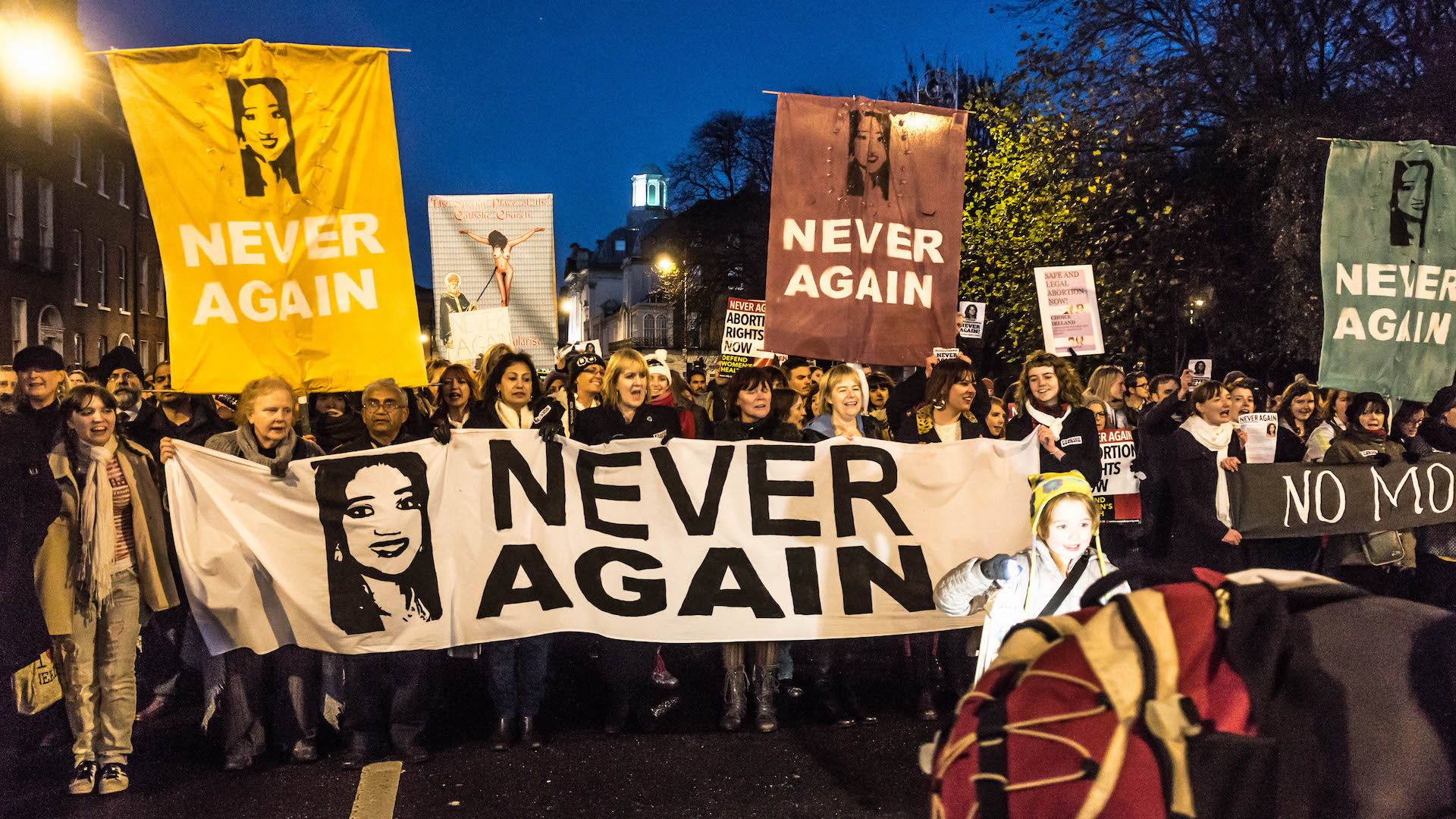The global landscape of reproductive rights is constantly shifting. The US Supreme Court ruling that has overturned Roe v Wade – the landmark 1973 decision that protected a woman’s right to have an abortion – marks a significant regression for abortion access. But it is not the only case. While countries like the US, Poland and Russia are taking steps backward, gains are being made in places such as Ireland, Colombia and Argentina.
Abortion restrictions range from laws where abortion is permitted only to protect the pregnant person’s life or health, to decriminalising abortion entirely. Often, restrictions are structured around gestational time limits, such as allowing abortion only in the first trimester.
Some laws allow for abortion on socioeconomic grounds, for example in Finland. And Britain’s 1967 Abortion Act is an example of a broad interpretation of health that includes wellbeing. Doctors may take account of the pregnant woman’s actual or reasonably foreseeable life circumstances when making a decision about the impact of continuing a pregnancy.
Where health is interpreted more restrictively, such as in Zimbabwe, Morocco or Peru, abortion may only be available if a pregnant person’s physical health is in danger. In other regions, such as Ghana or Bolivia, language referring to mental health is explicitly included in legislation, which can widen abortion access.
In some regimes, abortion can be performed later in pregnancy based on the health of the foetus, especially in cases of serious anomaly. This is the case in Croatia. Despite this, anti-choice sentiment in the country recently led to a woman being denied an abortion after her foetus was diagnosed with a serious brain tumour. After four denials by Croatian hospitals, the woman was advised by doctors to travel to neighbouring Slovenia. But following media and public outcry, she was finally permitted to have an abortion in Croatia.
The most liberal abortion laws are those where abortion has been removed from criminal law entirely. Decriminalisation permits abortion without penalty and prioritises the safety of pregnant people in making health decisions.









